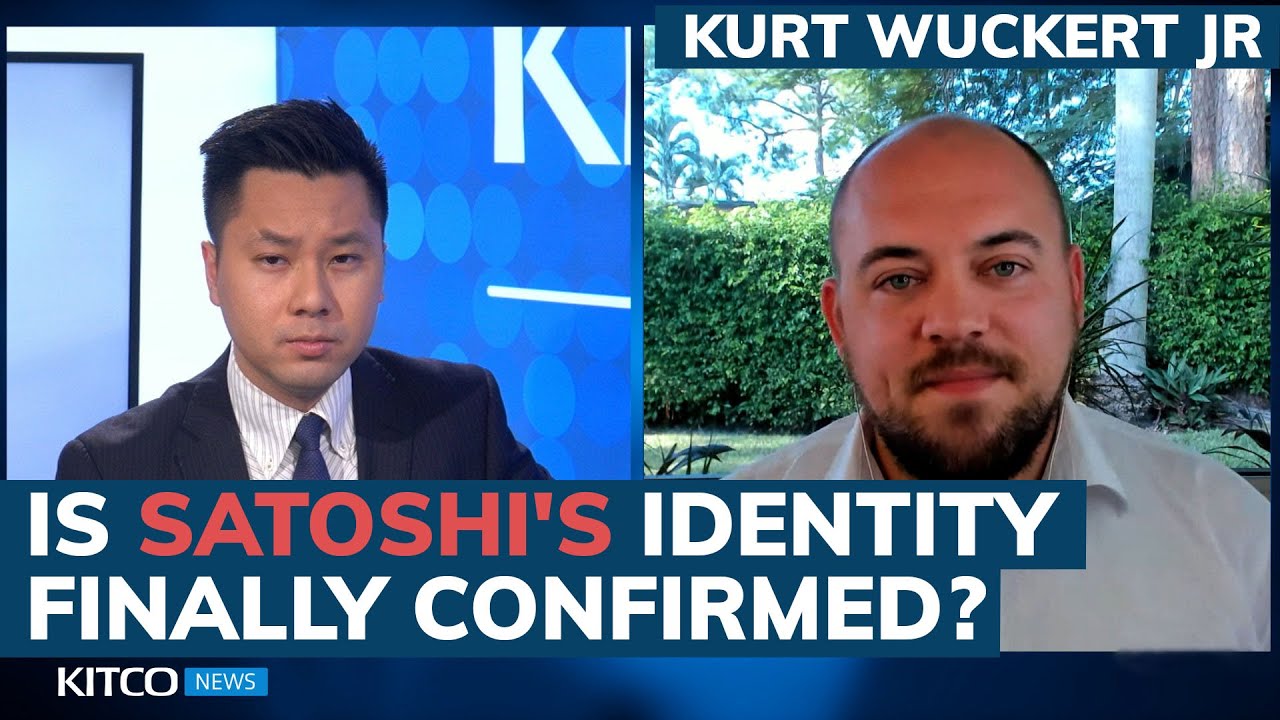The managing director of the Financial Authority of Singapore (MAS), Ravi Menon, addressed the company’s combined indicators on crypto within the public sphere at a seminar on Aug. 29.
The general public claimed that native regulators had been spreading crypto-positive sentiments whereas concurrently threatening extra rules. In keeping with the brand new assertion from Menon, the commentary shouldn’t be fully unsuitable. He says the company must do “a greater job explaining” the scenario.
Total, MAS is pro-digital belongings, as straight said by Menon, “sure to digital asset innovation, no to cryptocurrency hypothesis.” Regulators need the island nation to change into a hub for fintech innovation and distributed ledger exercise.
Although in keeping with latest statements, the place the issue lies is inside cryptocurrencies themselves.
That is the place MAS’ “stringent and prolonged licensing course of”for crypto companies comes into play, Menon explains. It is also the explanation for warnings towards cryptocurrency retail investments and restrictions on retail cryptocurrencies.
“Cryptocurrencies have taken a lifetime of their very own outdoors of the distributed ledger – and that is the supply of the crypto world’s issues.”
Regulators cite the acute volatility of the crypto market, which guidelines them out from being thought-about viable foreign money or an funding asset. MAS claims that the worth of stated currencies doesn’t correlate with “underlying financial worth associated to their use on the distributed ledger.”
Singapore enterprise agency launches $100M Web3 and metaverse fund
These feedback come after a string of latest developments from native Singaporean authorities on the subject of digital currencies. On Friday, Aug. 26, MAS despatched out questionnaires to purchasers on enterprise exercise and holdings forward of any ultimate selections.
Crypto buying and selling platformCrypto.com scored approval from regulators in Singapore to arrange operations within the nation on June 22.
In July, it already had its eye on limitations to retail participation in cryptocurrency-related actions.









